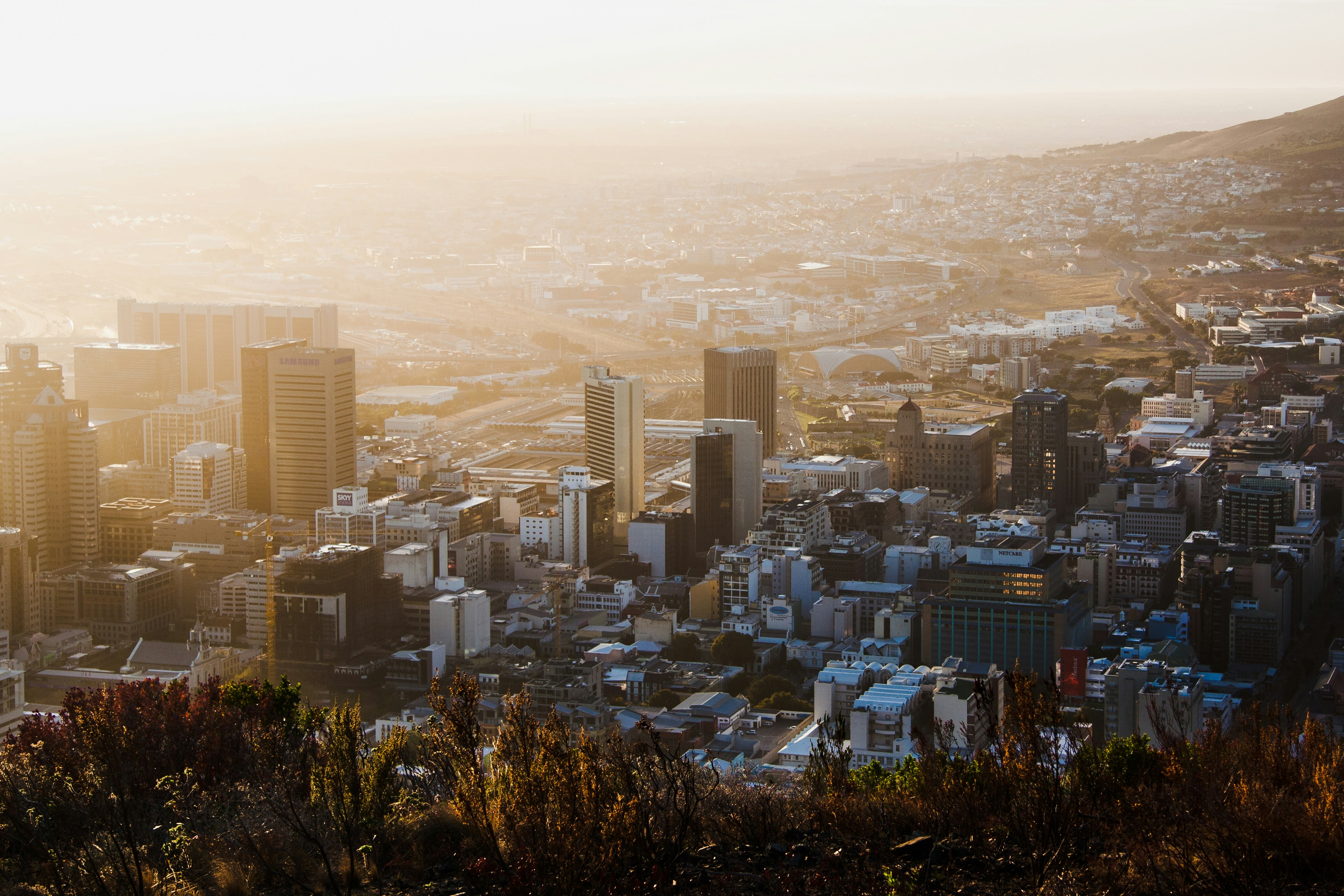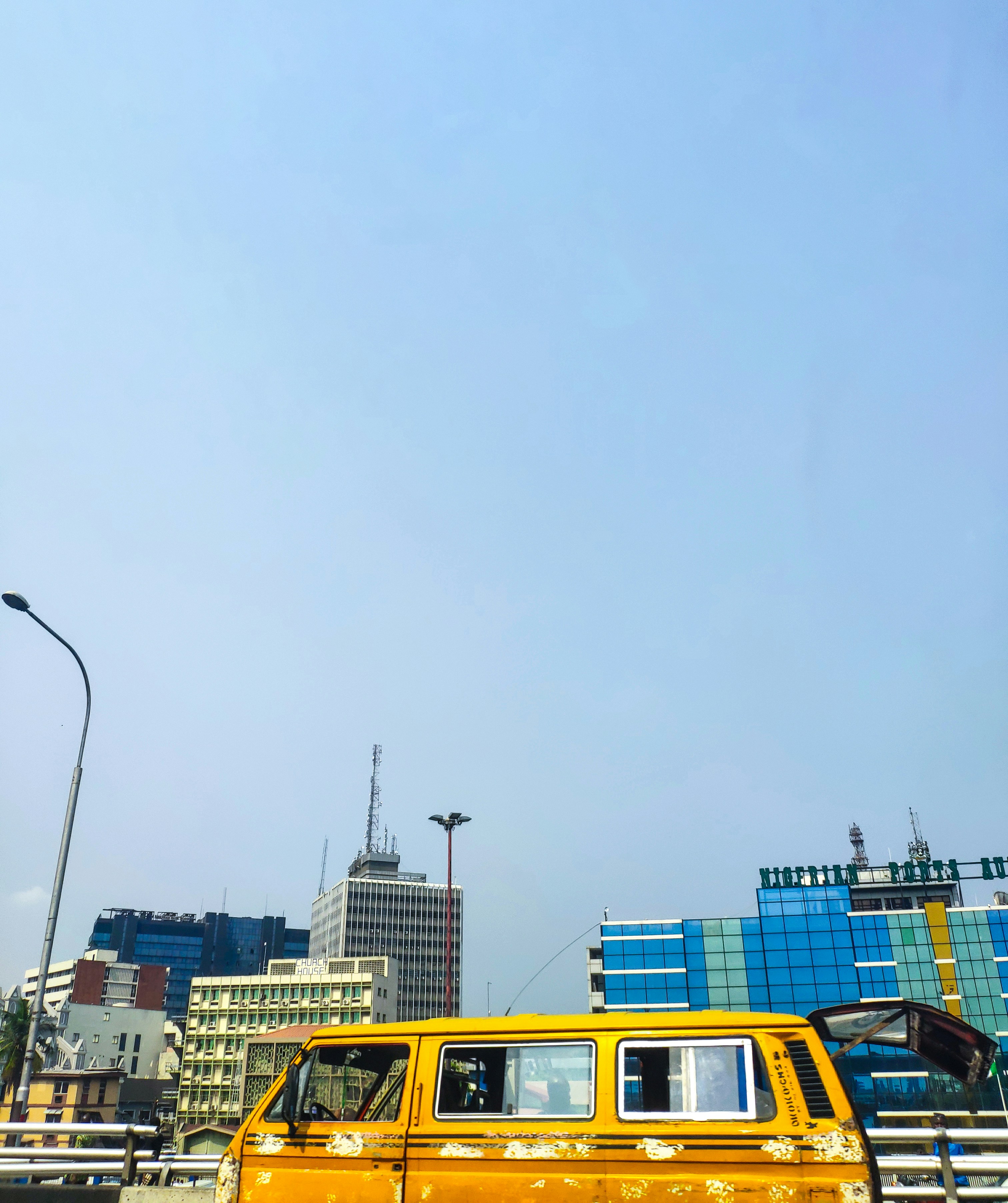Digital Nomadism in Africa: Dream or Delusion?

A decade ago, the phrase “digital nomad” conjured images of sunlit cafés in Bali or coworking hubs in Lisbon. Today, Africa is emerging as an unexpected contender in the remote work revolution. From Cape Town’s wine country to Nairobi’s tech scene, the continent is attracting a growing number of remote professionals chasing both adventure and affordability.
But behind the Instagram-ready shots of ocean views and bustling street markets lies a more complex reality. Digital nomadism in Africa holds immense promise, yet it’s also fraught with challenges that can turn the dream into a logistical—and financial—test. What many see as a fresh, untapped frontier for location-independent work is, in truth, a patchwork of opportunity and constraint.
A Rising Attraction
Africa’s digital nomad appeal rests on three main pillars: cost of living, natural beauty, and cultural richness.
In cities like Zanzibar’s Stone Town, you can rent a furnished apartment for a fraction of London or New York prices—sometimes as low as $400 USD a month. Rwanda and Namibia boast stable political climates, and Ghana’s “Year of Return” campaign has put West Africa on the global map for diasporic travelers seeking connection to heritage.
Cape Town regularly ranks on “best remote work cities” lists, thanks to its infrastructure, international community, and breathtaking landscapes that combine beaches, vineyards, and mountains. Nairobi, dubbed “Silicon Savannah,” offers a thriving tech ecosystem, multinational company presence, and relatively fast internet compared to many African cities.
Even outside major hubs, certain areas are gaining attention. The island of Mauritius offers a mix of tropical beauty and decent infrastructure, while the Canary Islands (politically part of Spain but geographically close to Morocco) market themselves as Africa-adjacent nomad hotspots.
The Infrastructure Gap

image credit: Photo by Tim Johnson on Unsplash
Still, digital nomadism in Africa faces a stark reality: reliable infrastructure is far from universal.
In Nigeria, the continent’s largest economy, rolling blackouts—known locally as “load-shedding”—can leave workers scrambling for backup generators or uninterruptible power supplies (UPS). Some nomads invest in solar systems, which can add thousands of dollars to setup costs.
Internet speed is another hurdle. While South Africa and Kenya offer decent connectivity in urban centers, rural areas lag far behind. According to Cable.co.uk’s 2024 report, the average fixed broadband speed in Africa is less than a quarter of the global average. Mobile data is improving—4G is common in cities, and 5G is slowly rolling out in places like Johannesburg and Lagos—but network congestion and high data costs remain a problem.
These gaps mean digital nomads often have to budget for workspace alternatives—such as paid coworking hubs with backup power and high-speed internet. In Nairobi, monthly coworking memberships can cost between $100–$250 USD, which adds up quickly for long-term stays.
Safety and Stability
Personal safety is another consideration that can’t be ignored. Crime rates, political unrest, and even natural disasters vary widely across the continent.
In South Africa, Cape Town’s inner suburbs and coastal areas are generally safe for foreigners, but the Cape Flats region experiences high crime rates. Lagos, Nigeria’s economic hub, offers energy and opportunity but also demands caution—especially in traffic-heavy, congested areas.
On the other hand, not all of Africa carries the same risks. Kigali, Rwanda, is often cited as one of the safest cities in Africa, with low crime rates, strict law enforcement, and a clean, organized urban environment. Similarly, Windhoek in Namibia and Gaborone in Botswana are known for relative safety and stability.
Nomads who research carefully and connect with locals or expatriate communities tend to navigate these challenges better, using practical safety measures rather than succumbing to fear.
Visas and Legal Hurdles
Visa policies can make or break a nomad’s stay.
Some African countries are adapting: Mauritius, Cape Verde, Namibia, and Seychelles have introduced digital nomad or remote worker visas, allowing stays from six months to a year. These often require proof of income and health insurance.
However, most of the continent still operates on restrictive tourist visas. South Africa, for example, offers no dedicated remote work visa yet, forcing nomads to either exit the country every 90 days or navigate complex immigration rules.
For diasporic Africans returning to countries like Ghana, the situation can be equally frustrating. While they may enjoy longer tourist stays, securing a formal work permit often requires a local sponsor—limiting their ability to operate as fully independent professionals.
The Cost Myth

image credit: Photo by Babatunde Olajide on Unsplash
The perception that Africa is uniformly cheap is misleading.
While rural Tanzania, Malawi, or parts of Madagascar may offer very low rents, urban centers like Johannesburg, Dakar, and Accra can rival Western cities in cost—especially in expatriate-heavy neighborhoods.
In Accra, for example, housing in desirable areas like Cantonments or East Legon can exceed $1,000 USD per month, with utilities and internet adding significantly to the bill. Imported goods, from electronics to specialty foods, can carry hefty price tags due to import taxes and shipping costs.
In short: Africa can be affordable, but only if nomads are willing to live like locals and adapt to local market prices. Those expecting Western luxuries at a fraction of the cost may be in for a shock.
Cultural Immersion vs. Isolation
One of the greatest draws of digital nomadism is cultural immersion.
In Dakar, you might end your workday with live mbalax music under the stars. In Nairobi, weekends could mean safaris, hiking in the Ngong Hills, or exploring the Great Rift Valley. In Cape Town, wine tasting and ocean kayaking are a short drive away.
Yet many nomads find themselves unintentionally replicating their home routines—working from air-conditioned coworking spaces, eating at international restaurants, and socializing mostly with fellow expatriates. While there’s nothing wrong with this comfort zone, it can limit the richness of the nomad experience.
Those who thrive tend to actively engage with local life—learning basic phrases in the local language, partnering with community initiatives, attending neighborhood events, and supporting locally-owned businesses.
Stories from the Ground
Jason Stein, a South African-born software developer, relocated from Berlin to Cape Town to work remotely. “I wanted to be closer to home, surf before work, and still keep my European clients,” he says. While the lifestyle delivered in part, unreliable power supply forced him to invest heavily in solar backup systems—costs he hadn’t budgeted for. “It’s worth it now, but the learning curve was steep.”
By contrast, Tolu Adebayo, a Nigerian-American travel blogger, moved to Accra and built a thriving content creation business. She attributes her success to intentionally partnering with local businesses and engaging with the cultural scene. “It’s not just about working in a pretty place,” she says. “It’s about building roots, even temporarily.”
Their experiences highlight a key truth: success as a digital nomad in Africa is less about location and more about mindset.
Balancing the Dream and the Reality
Digital nomadism in Africa is neither a guaranteed dream nor a doomed delusion—it’s a nuanced reality.
The continent offers a blend of affordability, adventure, and cultural depth unmatched in many parts of the world. But it also demands adaptability, investment in infrastructure, and realistic expectations.
Countries that are proactively addressing infrastructure gaps, safety concerns, and visa policies are likely to become the continent’s leading digital nomad destinations. For now, Africa remains a patchwork of opportunity—where the rewards can be immense, but so can the frustrations.
Conclusion
In Africa, digital nomadism sits at the intersection of opportunity and constraint. It can unlock new ways of living and working, but only if the infrastructure, policy, and local economies evolve alongside it. Without that, the dream risks becoming a privilege for the few, rather than a movement for the many.
For those willing to navigate the challenges, Africa could be the next great chapter in the global nomad story—offering an experience that is more authentic, diverse, and impactful than the well-trodden paths of Southeast Asia or Europe. For others, it may remain a postcard-perfect idea better admired from afar.
You may also like...
When Sacred Calendars Align: What a Rare Religious Overlap Can Teach Us

As Lent, Ramadan, and the Lunar calendar converge in February 2026, this short piece explores religious tolerance, commu...
Arsenal Under Fire: Arteta Defiantly Rejects 'Bottlers' Label Amid Title Race Nerves!

Mikel Arteta vehemently denies accusations of Arsenal being "bottlers" following a stumble against Wolves, which handed ...
Sensational Transfer Buzz: Casemiro Linked with Messi or Ronaldo Reunion Post-Man Utd Exit!

The latest transfer window sees major shifts as Manchester United's Casemiro draws interest from Inter Miami and Al Nass...
WBD Deal Heats Up: Netflix Co-CEO Fights for Takeover Amid DOJ Approval Claims!

Netflix co-CEO Ted Sarandos is vigorously advocating for the company's $83 billion acquisition of Warner Bros. Discovery...
KPop Demon Hunters' Stars and Songwriters Celebrate Lunar New Year Success!

Brooks Brothers and Gold House celebrated Lunar New Year with a celebrity-filled dinner in Beverly Hills, featuring rema...
Life-Saving Breakthrough: New US-Backed HIV Injection to Reach Thousands in Zimbabwe

The United States is backing a new twice-yearly HIV prevention injection, lenacapavir (LEN), for 271,000 people in Zimba...
OpenAI's Moral Crossroads: Nearly Tipped Off Police About School Shooter Threat Months Ago
ChatGPT-maker OpenAI disclosed it had identified Jesse Van Rootselaar's account for violent activities last year, prior ...
MTN Nigeria's Market Soars: Stock Hits Record High Post $6.2B Deal

MTN Nigeria's shares surged to a record high following MTN Group's $6.2 billion acquisition of IHS Towers. This strategi...
